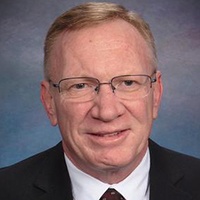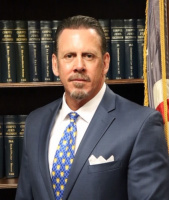JURY
Criminal Law Traffic TicketshomeGLOSSARY jury A group of people selected to apply the law, as stated by the judge, to the facts of a case and render a decision,...
(more...)Criminal Law Traffic TicketshomeGLOSSARY jury A group of people selected to apply the law, as stated by the judge, to the facts of a case and render a decision, called the verdict. Traditionally, an American jury was made up of 12 people who had to arrive at a unanimous decision. But today, in many states, juries in civil cases may be composed of as few as six members and non-unanimous verdicts may be permitted. (Most states still require 12-person, unanimous verdicts for criminal trials.) Tracing its history back over 1,000 years, the jury system was brought to England by William the Conqueror in 1066. The philosophy behind the jury system is that--especially in a criminal case--an accused's guilt or innocence should be judged by a group of people from her community ('a jury of her peers'). Recently, some courts have been experimenting with increasing the traditionally rather passive role of the jury by encouraging jurors to take notes and ask questions.




